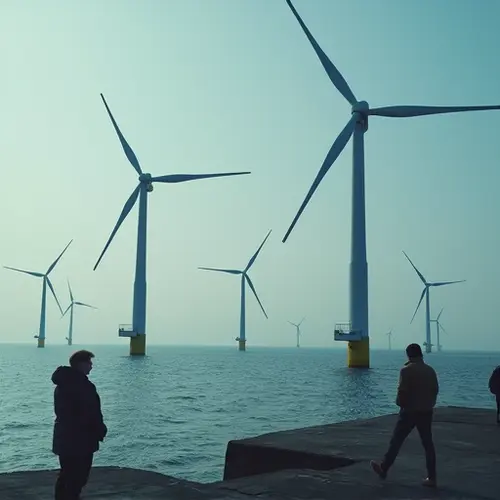CDU wins North Rhine-Westphalia state elections with 33.7%, SPD gets 22.1%. Far-right AfD surges to 15% from 5.1%, while Greens drop to 13.1%. Record 58.5% turnout signals shifting German political landscape.

Historic Election Results Reshape German Political Landscape
In a dramatic regional election that has sent shockwaves through German politics, the Christian Democratic Union (CDU) has maintained its position as the largest party in North Rhine-Westphalia, Germany's most populous state. According to final exit polls from broadcaster WDR, the CDU secured 33.7% of the vote, while the Social Democratic Party (SPD) followed with 22.1%.
Far-Right Surge and Traditional Party Decline
The Alternative for Germany (AfD), a far-right populist party, achieved the most significant gains, skyrocketing from 5.1% to 15% support. This represents a major breakthrough for the party in western Germany, traditionally considered more resistant to far-right politics than the eastern states.
The Greens suffered substantial losses, dropping from 20% to 13.1%, while both the CDU and SPD recorded their worst-ever results in the state's history. 'Voters in NRW want pragmatic and solution-oriented policies from the center,' stated Hendrik Wüst, the state's Minister-President from the CDU, in a post-election tweet.
Record Voter Turnout and Historical Context
Approximately 13.7 million eligible voters participated in the elections for municipal councils, mayors, and regional administrators. The turnout reached 58.5%, the highest since 1994 and significantly above the 2020 levels.
North Rhine-Westphalia, which borders the Netherlands, is Germany's most populous state with around 18 million residents. It includes major cities such as Düsseldorf, Cologne, Essen, Dortmund, Bonn, and Duisburg. The Ruhr area, once considered the heartland of Germany's labor movement and SPD stronghold, has shown shifting political allegiances.
National Implications
These regional elections mark the first major electoral test since Chancellor Friedrich Merz took office. Despite their poor performance by historical standards, both CDU and SPD still poll above their current national approval ratings. The results suggest continued fragmentation of Germany's political landscape and growing acceptance of far-right politics in regions previously considered immune to such movements.
Political analysts note that the AfD's success in western Germany indicates the party's strategy to become a nationwide force is gaining traction, potentially reshaping the country's political dynamics ahead of future federal elections.

 Nederlands
Nederlands English
English Français
Français Deutsch
Deutsch Español
Español Português
Português






